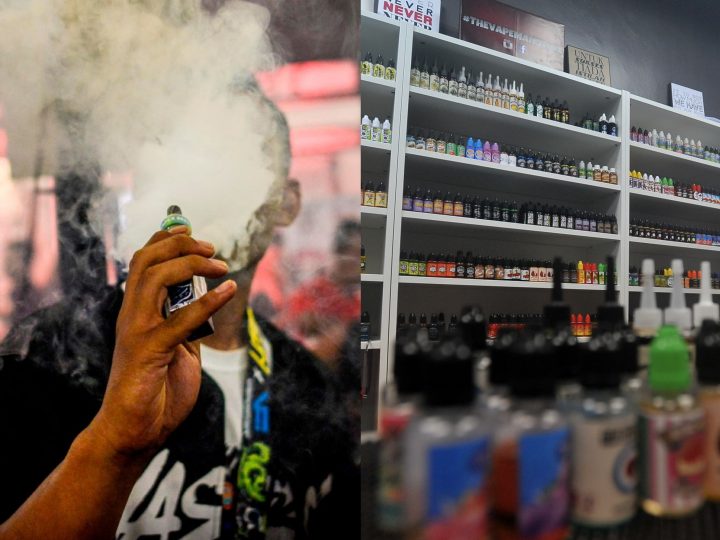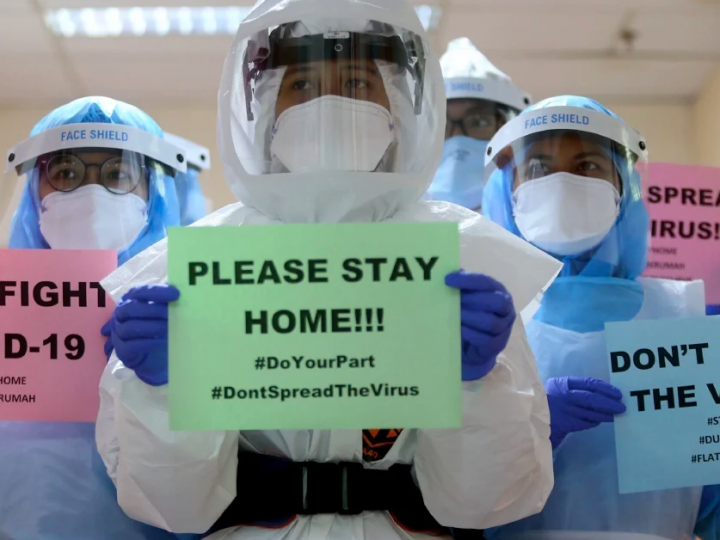Pfizer’s COVID-19 Vaccine is 90% Effective But Its Storage Problem Might Delay Its Arrival
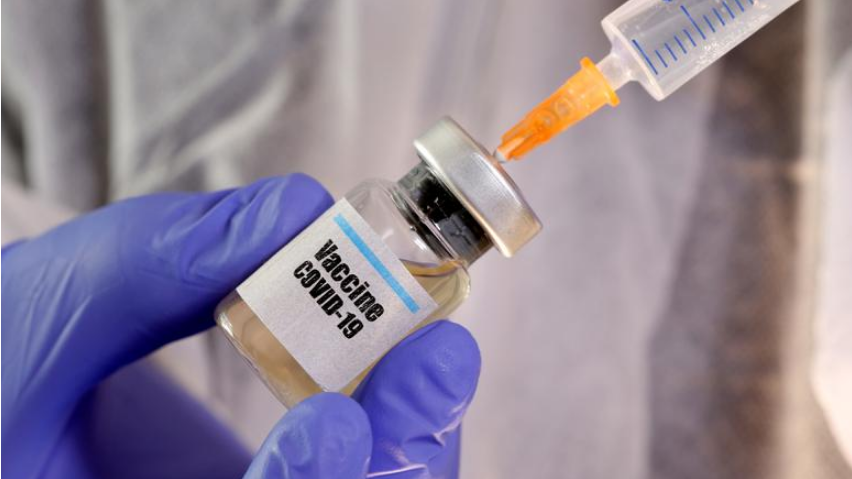 Thirsty for JUICE content? Quench your cravings on our Instagram, TikTok and WhatsApp
Thirsty for JUICE content? Quench your cravings on our Instagram, TikTok and WhatsApp
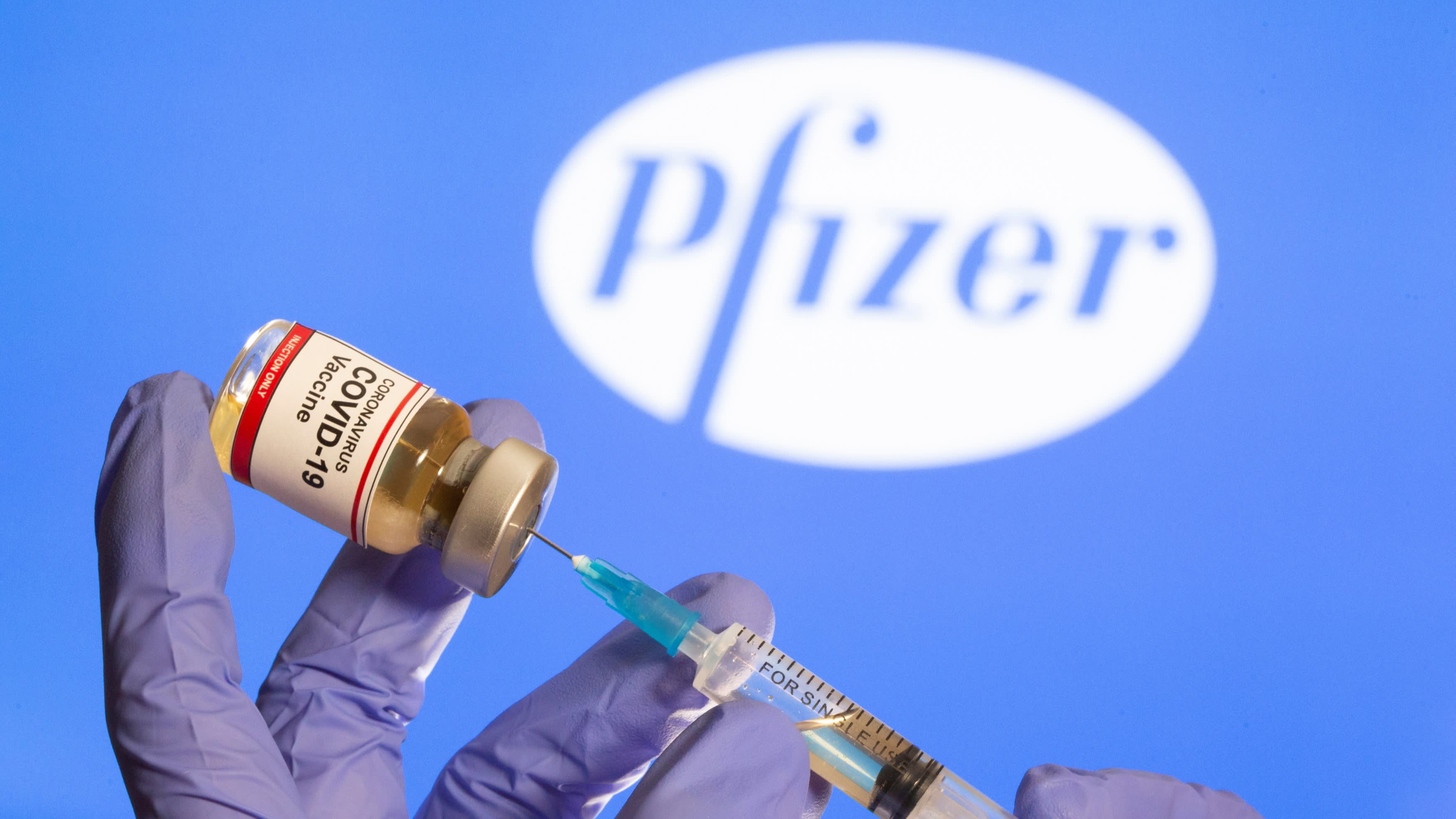
As the world desperately awaits a vaccine for the pandemic, news of Pfizer’s successful trials have only been hampered by one major flaw in their vaccine – its storage requirements.
The experimental COVID-19 vaccine developed by Pfizer Inc and BioNTech SE is on its way to being distributed after the companies announced successful interim data earlier on Monday. Data has shown that the companies’ experimental vaccine has a 90% success rate in preventing COVID-19. They are still waiting for data on safety, which would come later this month, Reuters reported.
Pfizer and BioNTech need to get regulators to sign off on the shot before they can start shipping vaccines to those considered most in need by governments. Healthcare workers and people living in nursing homes will likely top that list.
However, it will not be an easy task to transport and store the vaccine.
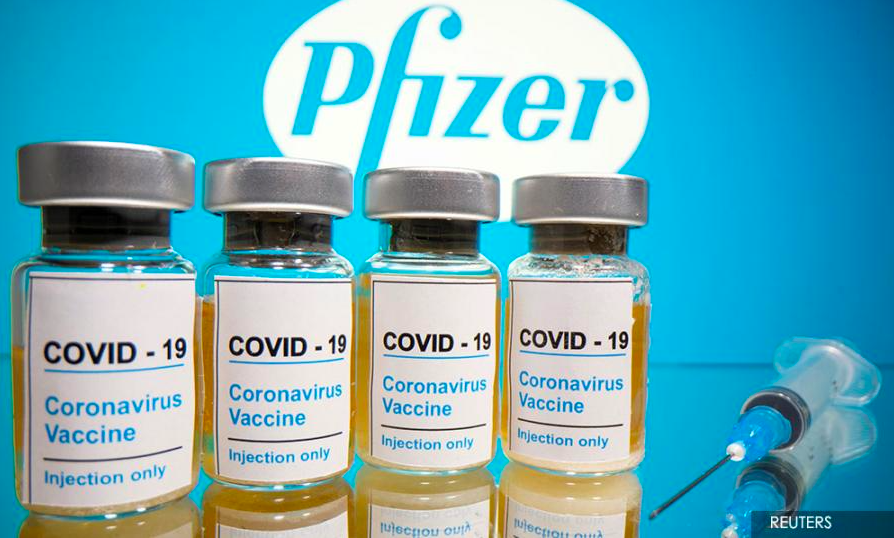
The vaccine’s complex and super-cold requirements are an obstacle, even for the most sophisticated hospitals in the United States. This may delay its availability in rural areas or poor countries where resources are tight.
The main issue is that the vaccine, which is based on a novel technology that uses synthetic mRNA to activate the immune system against the virus, needs to be kept at minus 70 degree Celsius or below.
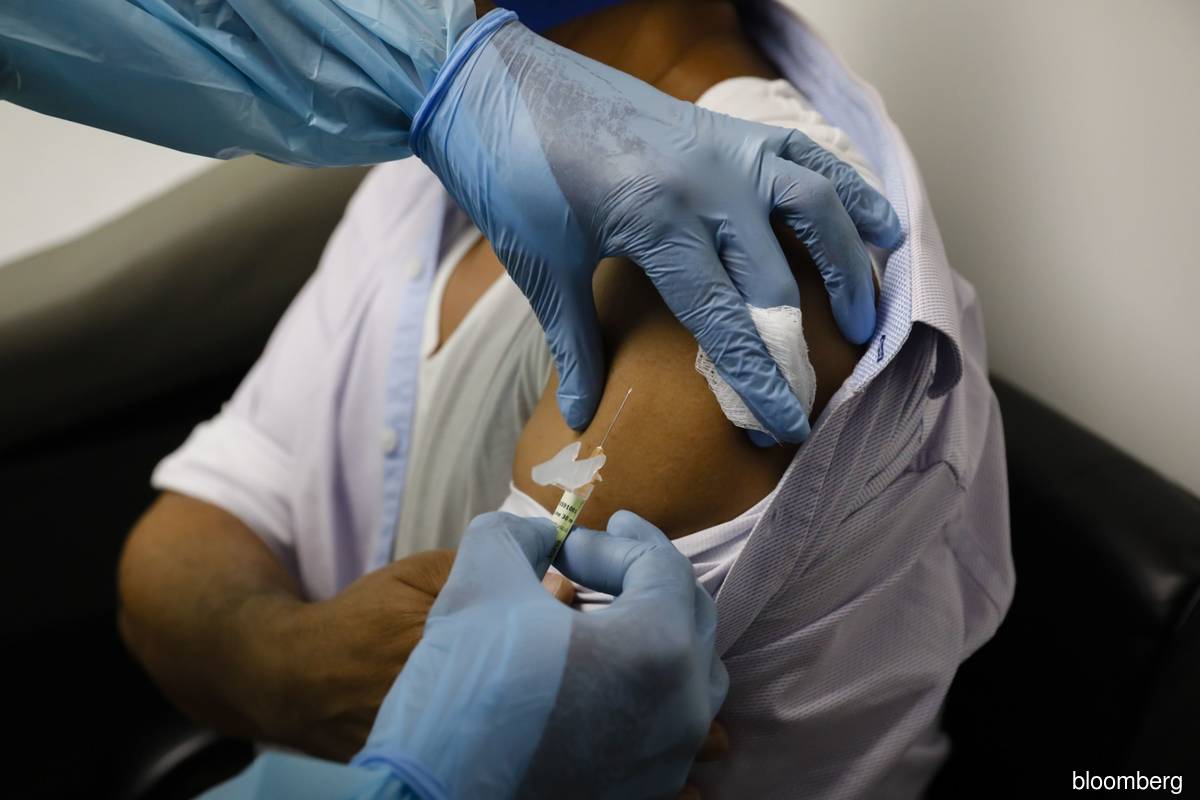
“We’re talking about a vaccine that needs storage at minus 70 or 80. That’s a tremendous logistical issue not only in the US but outside the Western world,” said Dr Gregory Poland, a virologist and vaccine researcher with the Mayo Clinic, an American nonprofit academic medical centre that pulls together the minds of more than 4,700 physicians and scientists to collectively research such matters as the vaccine.
“We’re a major medical centre and we don’t have a storage capacity like this. That will be true for everybody. This is a logistical obstacle.”
To elaborate, the expiry of the vaccine is dependant on the temperature which it is kept. It can be kept in an ultra-low temperature freezer (70 degrees or below) for up to six months, or for five days at 2-8 degrees Celsius – which is the temperature that is commonly available for refrigeration at hospitals.
The Pfizer storage units can also be refilled with ice for up to 15 days.
BioNTech CEO Ugur Sahin told Reuters the companies are analysing if they can extend the 5-day period for low refrigeration to two weeks.
Kim Becker, a Pfizer spokesperson said the company was working closely with the US government and state officials on how to ship the vaccine from its distribution centres in the United States, Germany, Belgium, and around the globe.


 Get Audio+
Get Audio+ Hot FM
Hot FM Kool 101
Kool 101 Eight FM
Eight FM Fly FM
Fly FM Molek FM
Molek FM